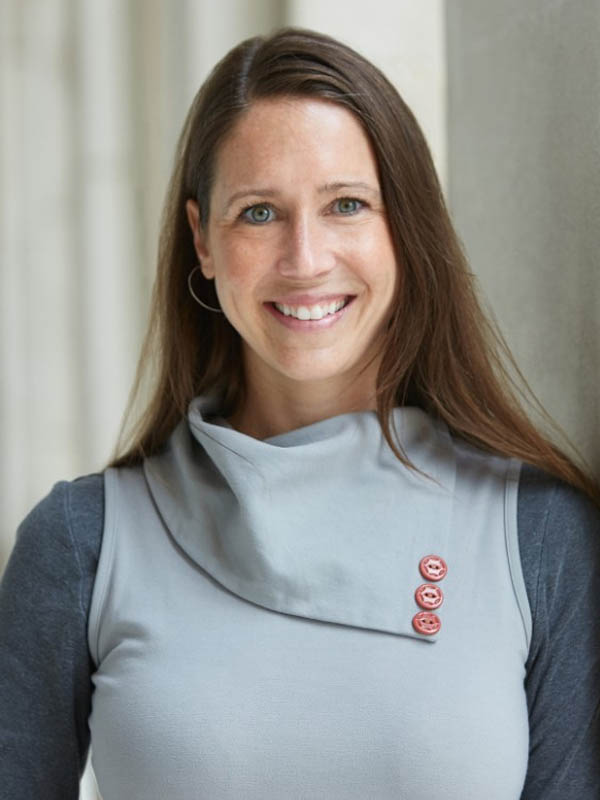Cultivating Self Compassion
By Amy L. Jarchow, PhD
April 2021

Have you ever truly tuned in to what you tell yourself during moments that are challenging or difficult? Our self-talk is often riddled with "shoulds" and self-judgment in those moments; things we wouldn’t even consider saying to others if they were going through a difficult time. The things we tell ourselves when experiencing negative emotions can be quite the opposite of how we tend to speak to others who are in difficult situations, where we are quick to provide words of comfort and support.
Negative self-talk may initially come from a place of good intention (to improve and do better), but instead of being motivating, it is often self-defeating and keeps us stuck. Cultivating a more self-compassionate way of relating to oneself has been shown to be an important coping mechanism. Self-compassion has emerged as an empirically supported tool to help manage stress, decrease anxiety and depressive symptoms, and bolster self-confidence. Dr. Kristin Neff first operationally defined and measured the construct of self-compassion and there have now been nearly two decades of research supporting its positive impact on well-being. It involves three components: self-kindness, common humanity, and mindfulness.
Cultivating a sense of self-compassion can begin with a simple question: ask yourself, "What would I tell a friend?" (if they were in a similar situation). It’s amazing how easily we can come up with words of validation and encouragement towards others, while our own self-talk can be overly judgmental and even shameful. By recognizing that the intent of such messages is to continue to grow and be our best selves, the hope is to remove a layer of self-judgment and work towards offering yourself supportive and caring self-statements in difficult situations. It is also important to recognize common humanity in that all humans struggle at times, and we are not alone in that. Finally, tuning in and being mindfully aware of our difficulties can also lend towards accepting the moment at present without trying to change or fight it. This leads to a growth mindset where we can learn and create positive change, even through our difficulties.
Cultivating a sense of self-compassion can begin with a simple question: ask yourself, "What would I tell a friend?"
Can you take a moment right now to get centered, take a deep breath, and send yourself some words of encouragement? Place your hand over your heart and say to yourself: "May I be safe. May I be at peace. May I find joy." It’s not always easy, but the more you can get in the practice of self-compassion, the more you can be open to growing through challenges instead of being stuck in feeling shame for your struggles or perceived shortcomings. We are all human, none of us perfect. Being mindful and observant and offering kindness to ourselves when we are suffering can help lead to improved coping and positive change. I hope you will try to be kinder and gentler with yourself and it offers you the space to learn, heal, and grow.
For further information, including practices and techniques to help cultivate self-compassion, please visit Dr. Kristin Neff’s website here: www.self-compassion.org.
About the Author

Amy L. Jarchow, PhD
Amy Jarchow, PhD is a Clinical Psychologist in private practice at HRA Psychological Services. She enjoys working with children, adolescents, and adults in learning strategies to better manage symptoms of anxiety, depression, and other mental health concerns. Dr. Jarchow uses a collaborative approach with her clients, establishing goals to lead towards a healthier quality of life. She predominantly works from a cognitive-behavioral model and incorporates mindfulness-based strategies in sessions as well.
Dr. Jarchow attained her MS and PhD in Clinical Psychology through Idaho State University in 2004. She has been in private practice since then, providing individual therapy and evaluation services to individuals of a broad age range.
